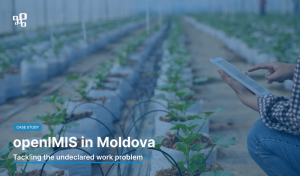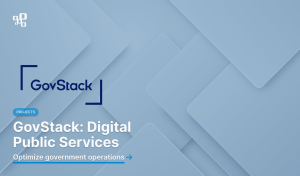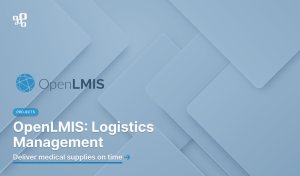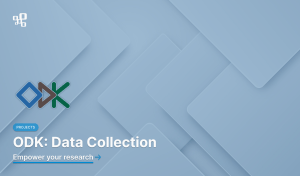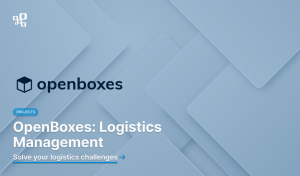Homelessness is a very serious problem in the United States. According to the US Department of Housing and Urban Development, seventeen out of every 10,000 people in the United States were experiencing homelessness on a single night in January 2019. And this number continues to grow, driven by – among others – increasing rates of homelessness in the Western States (Washington and California).
The problem is undoubtedly multifaceted and requires complex solutions. It is clear that help has to come not only from the federal government alone but also from local communities – including nonprofit organizations and businesses. Fortunately, innovative approaches to support people experiencing homelessness are emerging across the US – one of them is Benetech Service Net.
What Benetech is
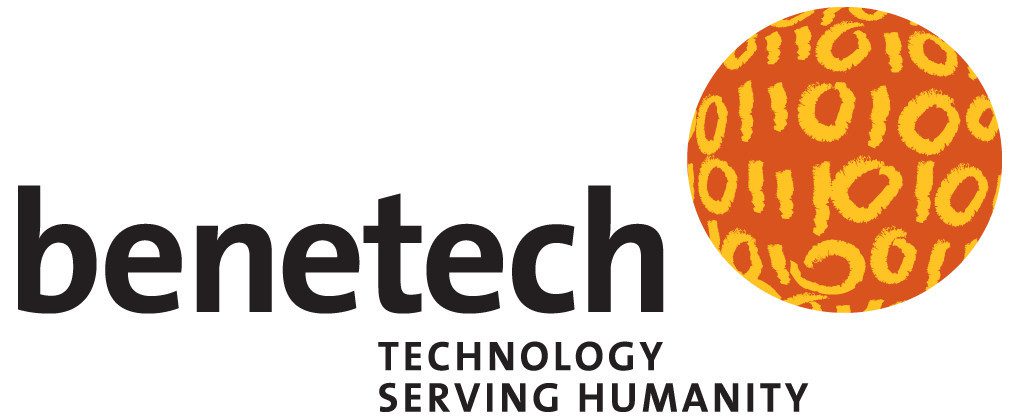
Benetech describes its mission as ‘empowering communities with software for social good.’ It is a Californian non-profit tech company that creates scalable technology solutions to address urgent social needs. They serve as a kind of bridge between the social sector and Silicon Valley – by working closely with both these communities, they try to identify needs and software solutions that can lead to a positive social change.
In order to address the homelessness crisis, they have implemented a first of its kind data-collaboration that makes it easier for people to get connected to the services they need. It’s called Service Net and it can be used for sharing and maintaining records on local social and human services. The participants are referral organizations of different kinds: national and local, government, and nonprofit, comprehensive, and agencies – all of those who are specializing in specific impact areas such as homelessness or legal services.
Service Net – why and what for?
Social services providers and referral agencies help people living in poverty meet their basic needs: food, temporary shelter, healthcare, job training, legal resources, family support services, and more. However, finding accurate information on all of the latter can be very difficult and time-consuming. It refers not only to locate the right services but also to keep them up to date and comprehensive. And it’s important to bear in mind one thing: every time a referral is not useful to a person in need, it negatively impacts their likelihood to seek out other services or referrals in the future.
And that is exactly why Service Net was built. Its aim is to make referral agencies and service providers work together to ensure that better data is available for everyone. Whether it’s a roof over a person’s head at night or a hot meal – thanks to Service Net, it is possible now to access accurate information on available social services in a fast and efficient way.
Benetech’s Service Net helps service providers and referral agencies collaborate in order to serve more people more quickly and with the right resources. They can use their expertise to contribute data such as service availability, hours, and information on who is eligible, creating an ecosystem that benefits all. Having up to date information at one’s fingertips with real-time data management – that is what this is all about!
During the coronavirus outbreak, Service Net proves to be even more useful. As new services are popping up every week and the standard ones are changing their eligibility, capacity, and hours on a daily basis, Service Net ensured that finding relevant information across all partners is still easy and intuitive. For this reason, a collection of records specific to COVID-19 has been prepared and the search for all services and organization descriptions for terms such as “corona”, “virus”, “covid”, etc. has been enabled.
The way Service Net works

Service Net’s goal is to increase the quality and accuracy of each organization’s referral database, together with reducing the cost and duplication of efforts that go into maintaining these records separately. For this reason, the platform to share the information on all the available services has been provided.
The participants can transfer the data that they have collected in their own database into a central data hub. An important element is an algorithm with which the system calculates the similarity factor between data on social services. It matches each organization’s entries with the records from other users – if two records show different information on the same service provider, the Service Net platform surfaces the record, recommending that they compare their own records to the records of others. In such a way, users can be sure that the information they have access to is regularly updated and complementary.
How SolDevelo contributes
The team of SolDevelo engineers working in this project deals with the production of an IT system in Java-powered Spring Boot and ReactJS technologies based on microservice architecture. The purpose of the system is to collect, synchronize, and systematize free social assistance services for the homeless and needy in the United States.
It can be well illustrated on the example of the city of San Francisco where there are many social organizations gathering information on e.g. the location of shelters and diners for the homeless. However, their data is often saved in various formats, they have inaccuracies between them and there is no system that is the only “source of truth” for such services. The platform task is to download, store, systematize, and compare such data. Thus, the system acts as an aggregator and a central data repository on services for the needy.
An additional functional element is an interactive platform for managing places in homeless shelters. It allows users to view available beds in a given place in real-time and makes it easier for the shelter supervisors to keep their records updated and reliable.
Profits not to be underestimated
Service Net surely helps people seeking support to find the help they need faster and more efficiently – simply through easier access to information. However, it also addresses the needs of those working to serve the community’s most vulnerable populations. It supports the effectiveness of NGOs and social organizations in providing social services, as well as reduces the cost of maintaining other systems and improves the quality of available data. In such a way, it affects the entire social assistance sector by facilitating the use of huge amounts of data, analyzing them, and, as a result, helping to make important decisions more efficiently.
Related Post:


